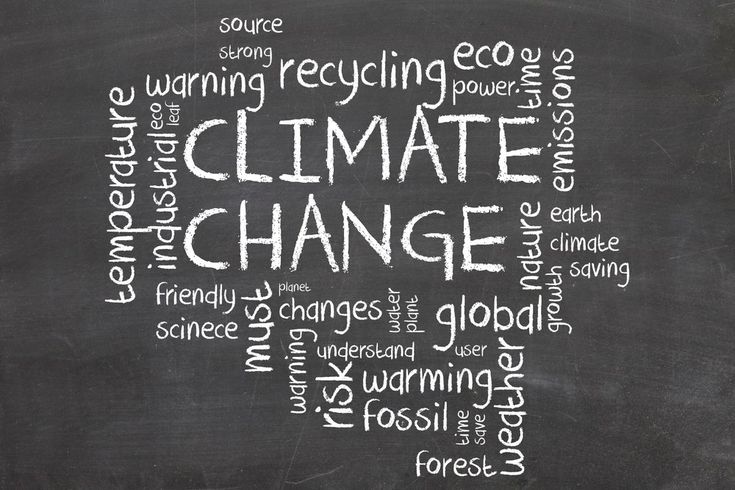Tackling climate change effectively depends not only on institutional actions but also on individual behavioral shifts and widespread public support for effective climate-responsive policies. However, the significant threat of climate change in Kaduna State, with rising temperatures, unpredictable rainfall, and with increased flooding affects agriculture, health, and livelihoods, is due to a significant gap in understanding how to drive these crucial outcomes. Despite the growing urgency, the tripling in finance to developing countries, from the previous goal of USD 100 billion annually, to USD 300 billion annually by 2035 to achieve climate resilience; the global scale of the climate crisis, made the interventions often fall short, largely due to persistent skepticism and lack of proper awareness among many communities about the reality of climate change and the necessity of adaptive policies.
This challenge is particularly evident in regions like Kaduna State, where climate education could serve as a vital tool for building long-term resilience and fostering sustainable adaptation practices. This is all because schools serve as vital platforms for nurturing environmentally conscious citizens who can drive sustainable solutions.
The growing intensity and frequency of extreme weather events, such as droughts, floods, heatwaves, and heavy rainfall underscore the urgent need for proactive, education-centered climate strategies. Climate change is no longer a distant threat; it is a lived reality that is increasingly disrupting essential social systems, particularly education. Globally, the education of an estimated 75 million to about billion children has already been disrupted by natural disasters and conflict, and this number is expected to rise as climate-induced hazards become more severe and frequent. Alarmingly, over 99% of children worldwide are now exposed to at least one major environmental or climate-related shock, which threatens not only immediate well-being but also long-term educational outcomes and opportunities for social mobility. Which Nigeria is among the most affected nations, ranked 2nd worst on children’s climate risk index globally.
In regions like Kaduna State, in Nigeria, where educational infrastructure is already vulnerable and many communities are socioeconomically disadvantaged, these disruptions can lead to compounding effects ranging from increased in school dropouts to intergenerational cycles of poverty and insecurity. This raises a critical question on how can Kaduna State build a more resilient education system that not only withstands climate shocks but also empowers its population to adapt to a changing environment?
The answer is simple. Integrating climate change education into the formal and informal learning ecosystem provides a sustainable answer. By equipping learners with the knowledge, skills, and values needed to understand and respond to environmental challenges, climate education can act as both a shield and a catalyst for resilience, innovation, and community-led adaptation.
According to UNDP, a growing number of countries are recognizing the strategic importance of integrating climate change action into their national education systems. This global shift is driven by the understanding that both present and future generations must be equipped with a comprehensive grasp of climate-related challenges in order to contribute meaningfully to sustainable adaptation and resilience. Insights from the NDC Partnership’s national frameworks highlight a near-universal demand for climate-responsive learning models, underlining education’s central role in national climate agendas.
Furthermore, the UN Climate Change Learning Partnership (UN CC:Learn) has been at the forefront of this work, leveraging over a decade of experience to support countries in crafting National Climate Change Learning Strategies. These strategies promote climate literacy across all sectors covered by Nationally Determined Contributions (NDCs), encompassing formal, informal, and non-formal education approaches. When coupled with structured learning action plans and cross-sectoral education initiatives, these efforts provide a practical blueprint for aligning education with climate adaptation goals.
Notably, countries such as Cambodia, Namibia, Ethiopia, Italy, Bhutan, and Zambia have made significant progress in operationalizing climate education as a cornerstone of national adaptation. Namibia, for instance, has linked its bid for over US$18 billion in climate finance directly to the development of skilled national professionals.
While there are limited data on the impact of climate education on some of the aforementioned countries, there are considerable observations on how the initiative is driving awareness and better integration of climate considerations into local planning processes. For example, in Cambodia, the impact of sustained climate education is evident; around 85% of citizens now have a foundational understanding of what drives climate change, and 98% can identify its effects. Similarly, in Bhutan, 49% of respondents reported that they could explain climate change, its impact and solutions to climate risk-related problems, while 92% stated that they were willing to be a part of a solution in addressing climate change if they were given the necessary support. This demonstrated how integrating climate topics into formal and informal education can significantly boost awareness and understanding among young people.
Therefore, these international examples are not mere models for replication; they offer evidence-based insights into how climate education fosters measurable change in behavior, policy engagement, and adaptive capacity. To build a real climate resilience society, Kaduna State must act decisively by making climate education a core part of school curricula, training teachers to deliver it both in English and local language effectively, and engaging rural communities through targeted awareness campaigns. This isn’t just policy; it’s about protecting lives, livelihoods, and the future of young people across the state. Without immediate action, vulnerable communities will continue to bear the brunt of climate shocks without the knowledge to mitigate and adapt to it. But with the right investment in education, Kaduna can turn awareness into action and build a more sustainable, informed, and resilient society.

Fahad Aliyu Muhammed
Fahad Aliyu Muhammed is a researcher and sustainable development advocate with the Effective Governance Research Institute. He is also a Policy Impact Fellow at the Cheetahs Policy Institute.

